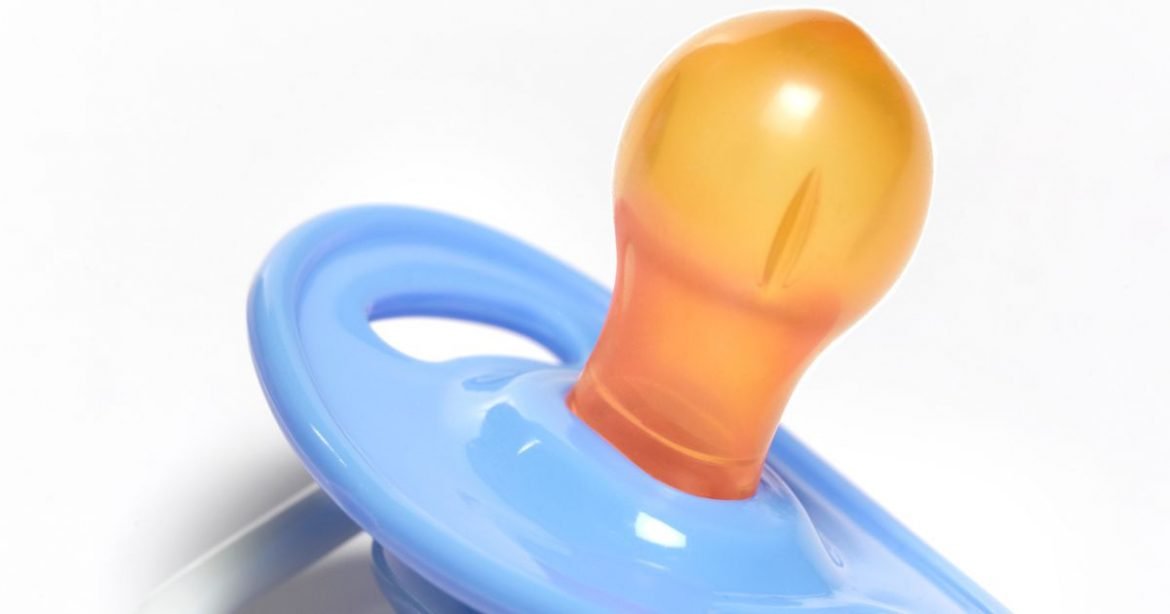Cleaning dummies with chemicals may increase risk of food allergies, study warns
Parents are being warned to avoid using chemicals to clean dummies with a Victorian study linking the method to an increased risk of food allergies.
While keeping them clean is imperative, new evidence suggests there is such a thing as “too clean” when it comes to using antiseptics commonly sold as dummy cleaning sprays or wipes.
“We’re not sure of the mechanism underlying this,” Professor Anne-Louise Ponsonby from the Florey Institute of Neuro Science and Mental Health said.
One of them could be the microbiome that is the gut bacteria underlying the mouth or the baby’s gut and the second is, is it a direct effect of the chemicals in the chemical sanitiser,” Professor Ponsonby said.
Researchers from the Barwon Infant Study followed 700 children from birth to the age of one.
They found a strong link between chemically sterilising dummies and food allergies.
“The key finding was that chemical and antiseptic use on a dummy at six month of age was associated with a fourfold increase likelihood of having food allergy for that baby by 12 months,” Professor Ponsonby said.
Researchers stress the risk is entirely connected to the use of those chemical antiseptics.
For the children whose dummies were boiled in water, washed under the tap, put in parents mouths or not washed at all, there was no increased risk of food allergy.
“In 2018 dummy use by parents cleaning with their own mouths was actually associated with reduced risk of food allergy,” Professor Ponsonby said.
The findings will be reviewed by the college of paediatric and government bodies before any formal recommendations are made.








